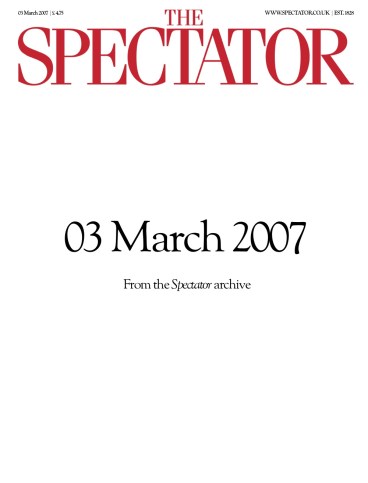Bouncy castles in Spain
Hugh Thomas is widely known as the author of scholarly blockbusters 1,000 pages long. He now excels in what he calls an intermezzo, a learned and lively book of 192 pages, full of good things including splendid pen portraits of worthies: of Choiseul, the easygoing foreign minister of France; of King Charles III of Spain,

